A World of Whole Grains
Freekeh
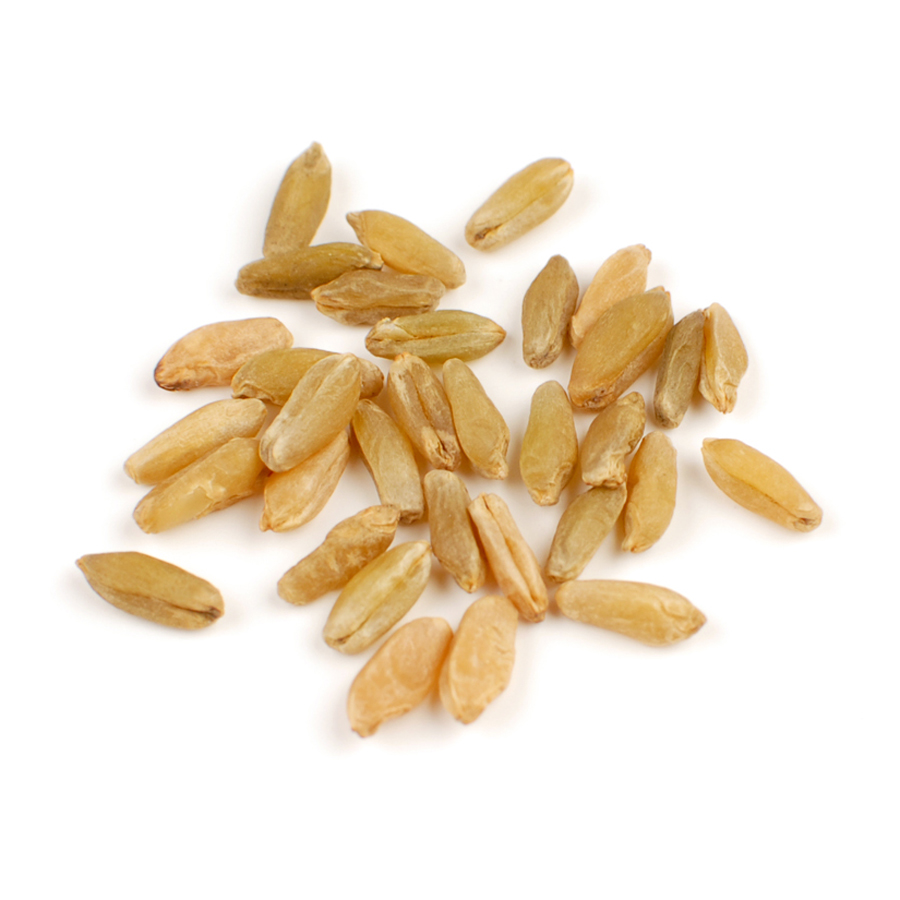
Origin: Middle East.
Health Benefit: Kernels are harvested while young, so freekeh has a higher concentration of vitamins and minerals than brown rice – and up to four times the fiber.
Use: As rice or pasta substitute or in soups and burger patties.
Bulgur
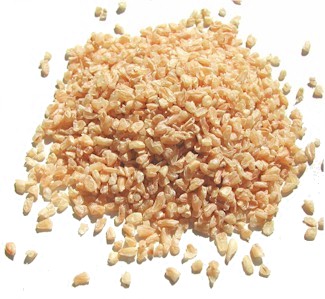
Origin: Mediterranean regions, China and the Middle East.
Health Benefit: Manganese, a trace mineral necessary for bone health.
Use: As meat substitute or added to pilafs, soups and baked goods.
Faro
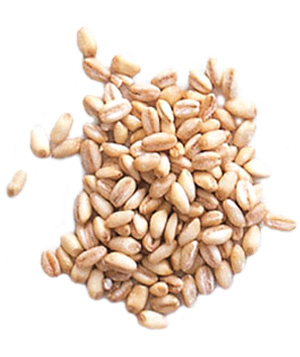
Origin: Egypt.
Health Benefit: Cyanogenic glucosides, a carb that may stabilize blood sugar, lower cholesterol and stimulate the immune system.
Use: semi-pearled grains in soups, pastas, risottos and casseroles.
Black Forbidden Rice
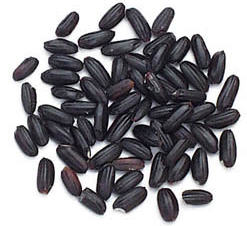
Origin: Asia.
Health Benefit: Anthocyanins, powerful antioxidant plant pigments that lend the grain a dark color (careful, it stains easily.) gluten-free.
Use: Flour in baking or cooked grains in side dishes and salads.
Millet
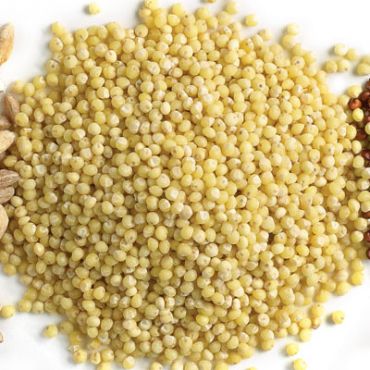
Origin: Africa.
Health Benefit: Gluten free and contains gut-friendly prebiotics.
Use: In baked goods, porridge, formed into patties and cooked as hot cereal.
Kamut
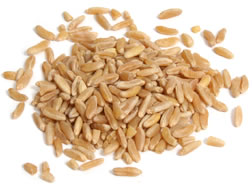
Origin: Egypt.
Health Benefit: Selenium, an immune system-supporting trace mineral.
Use: Flour in baking or grains in pilaf-style dishes, salads, soups, stew and stir-frys.
Amaranth
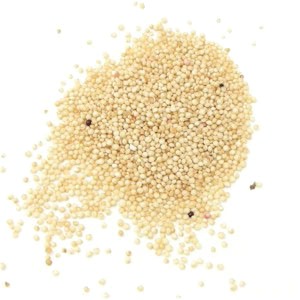
Origin: South America.
Health Benefit: Gluten-free and contains lysine, an amino acid that promotes growth and tissue repair.
Use: In hot cereal, casseroles, baked goods, pancakes, crackers or as a rice substitute.
Wheat Berries
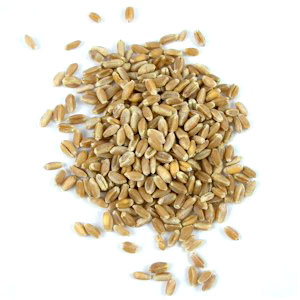
Origin: No specific origin.
Health Benefit: Lignans, plant nutrients that may help reduce risk of breast cancer.
Use: In salads, hot cereal and baked goods, or sauté with mushrooms for a hearty side.
Teff
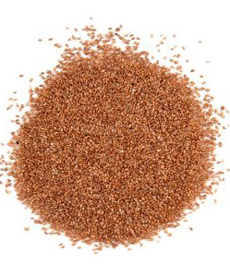
Origin: Ethiopia.
Health Benefit: Bone-building calcium.
Use: In baked goods, soups and stews, hot cereal, porridge and polenta. Traditionally used to make injera, Ethiopia’s signature flatbread.
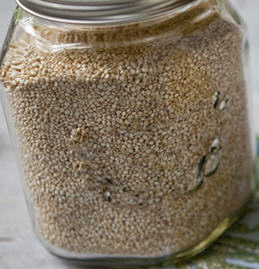
Storing Tip: Whole grains contain natural oils, so they can go rancid quickly. Store in an airtight container in a cool, dark place, ideally a pantry or refrigerator, where they will last for three to six months.

